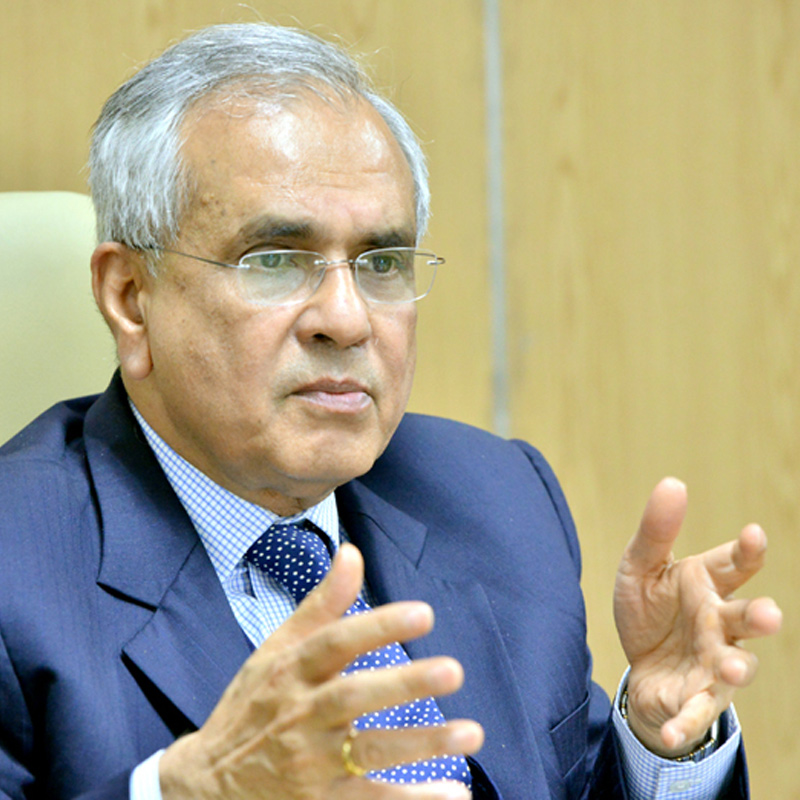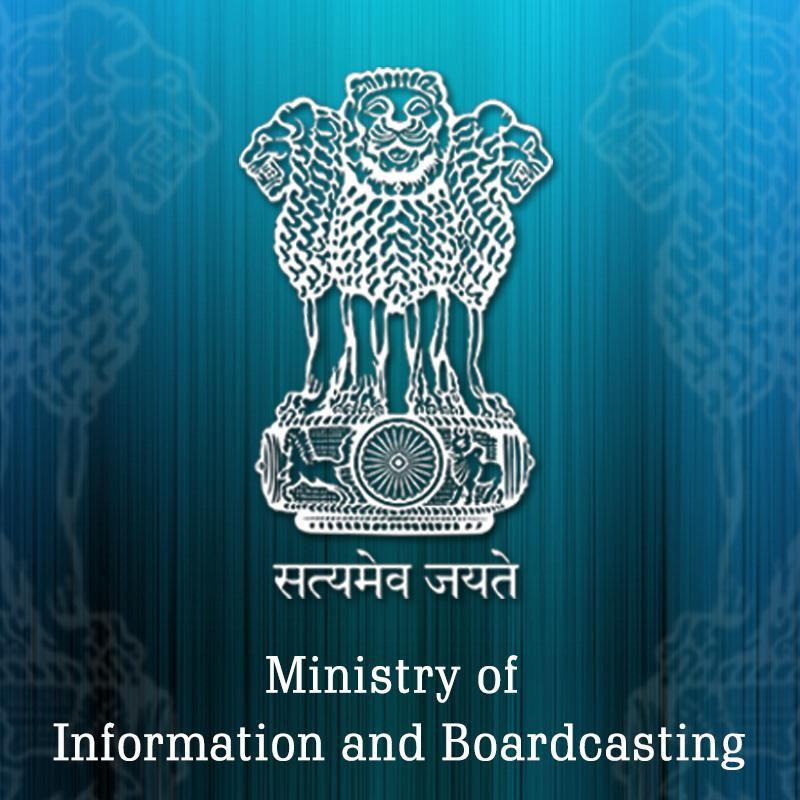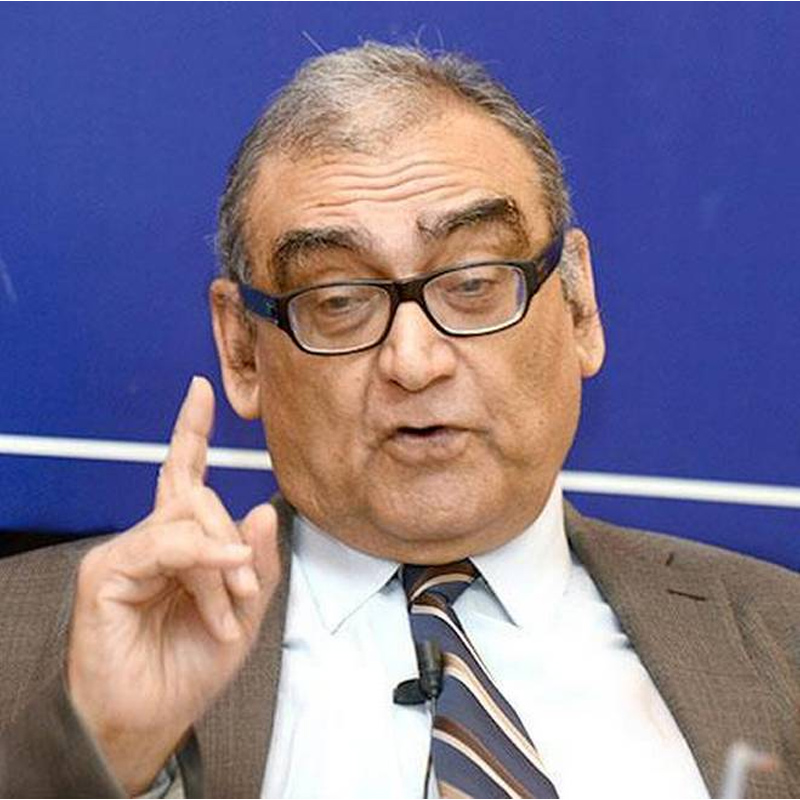Centre condemns Sena attack, denies charges relating to censoring of Marathi films
NEW DELHI: The Central Board of Film Certification (CBFC) has denied the allegation by the Maharashtra Navnirman Sena
NEW DELHI: The Information and Broadcasting Ministry has expressed fears that the entire available reserves of Prasar Bharati would be wiped out if the trend of mounting deficits continues, resulting in immense financial stress.
The Ministry told the Standing Committee on Communications and Information Technology that "after assessing the non-Plan budgetary support provided by the Government during 2009-10, 2010-11 and projections for the year 2011-12 as also 10 per cent growth in revenue during 2011-12, Prasar Bharati has estimated a deficit to the tune of Rs 8.04 billion for these three years."
According to the Ministry, however, the revenue of Prasar Bharati has not increased according to earlier projections while the cost, particularly under the salary head, has gone beyond the projections.
The Committee wants the Government to bear the gap between the working expenses and the earnings of Prasar Bharati by budgetary support till Prasar Bharati is able to generate the mandated revenue to attain self sufficiency.
At the same time, Prasar Bharati was exhorted by the Committee to take all the required initiatives to increase the revenue. Besides, all the economic measures should be taken to reduce the working expenses of Prasar Bharati.
Since Prasar Bharati is unable to bear 50 per cent of the annual expenses from its Internal Extra Budgetary Resources as recommended by the Group of Ministers, it has now proposed a new funding pattern for re-fixation of Government support to meet its financial obligations. (The GoM had earlier recommended that 50 per cent of the annual operating expenses of Prasar Bharati should be borne by Prasar Bharati from its IEBR and the remaining 50 per cent will be met from non-Plan grants-in-aid from the Government.)
While expressing serious concern over the increasing gaps between the revenue projections and revenue receipts and appreciating that Prasar Bharati is a public service broadcaster and not principally guided by commercial consideration, the Standing Committee said it was "of the firm opinion that its mandate does not restrict it from generating adequate revenue to meet its operational cost."
In fact it noted that in the Outcome Budget 2011-12, there was specific mention that All India Radio can generate revenue through Public Private Participation (PPP) during the next 10 to 15 years through schemes like sharing of Prasar Bharati infrastructure such as towers etc., building and land with private broadcasters, mobile service providers on licence basis; providing value added service such as IVRS and SMS based service to the listeners; rationalization of rate structure of the rental resources; turnkey solutions for establishing 50/100 watt community radio stations to Universities/Colleges/residential schools etc and through Data Audio Channel service.
The Committee said: ?It is inexplicable as to why Prasar Bharati has not been able to implement the above schemes which in their own admission can generate revenue through Public Private Participation for the next 10 to 15 years. The Committee are of the firm opinion that Prasar Bharati by taking the desired initiatives as mentioned in the Outcome Budget as well as by adopting suitable marketing strategies, content improvement and introduction of DTH services can reasonably enhance its revenue.?
The Committee?s examination of budgetary documents has revealed that the revenue receipts of Prasar Bharati have been gradually declining and the gap between the revenue receipts and expenditure has been steeply increasing.
As against the revenue projections of Rs 12.47 billion during 2009-10, the revenue receipts were Rs 11.76 billion and the expenditure was Rs 29.49 billion thus leaving a gap of Rs 17.73 billion.
The revenue projections for 2010-11 were Rs 15.62 billion against which the revenue receipts were Rs 9.69 billion and the expenditure was Rs 25.06 billion.

MUMBAI: Information and Broadcasting Ministry has decided to tighten the noose on the piracy.
As per a notice issued by the Ministry, multiplex owners will have to screen an anti-piracy clip to educate consumers about the ill effects of piracy.
The clippings have been prepared by Federation of Indian Chambers of Commerce and Industry (Ficci). The ministry has issued such notices under Section 12(4) of the Cinematographic Act, upon the request made by FICCI, as per which it has been made mandatory for multiplex owners to screen the videos, contravention of which may have implications of the license issued to multiplex owners.
"Let‘s not indulge in Piracy: ‘It‘s a crime‘ will be soon imbibed as a culture in the minds of youth. The latest action taken by Ministry of Information and Broadcasting of issuing notices will go long way in building culture of respecting Intellectual Property," said Ficci secretary general Rajiv Kumar.
During a recent conference held by Ficci-IPR Division in Mumbai under the aegis of ‘Ficci-MHRD-Anti-Piracy Coordination Cell‘, it was highlighted that cineplexes are majorly used as a platform for piracy.
Unscrupulous elements often indulge themselves in the act of piracy by camcording/recording the films through various technological means in cineplexes while these are being shown. Later, such films find their way on internet and flood the market through pirated CDs.
Piracy is not a new word in the dictionary of Crime. The act, not only affects film producers, but also the government by way of losses in form of taxes slipping out of its hands.
As per the latest statistical data of 2010 given by India Entertainment Media Outlook 2011, the loss that piracy has caused to entertainment industry is Rs 5.2 billion.

NEW DELHI: The Government has reiterated that there is no proposal to set up a Broadcast Regulator in view of the self-regulatory mechanisms set up by the news and general entertainment channels.
Information and Broadcasting Ministry officials also confirmed that the existing regulatory framework in the Cable TV Networks (Regulation) Act 1995 is adequate.
In fact, the Ministry has made it clear to the Indian Broadcasting Foundation that the Broadcast Content Complaints Council set up earlier this year and the IBF‘s Content Code and Certification Rules should follow the existing Codes under the Act.
Senior Ministry officials have also said there was no proposal at present to scrap the Broadcast Services Regulatory Authority Bill as the government would want to see how self-regulation works.
The officials also told indiantelevision.com that the Inter-Ministerial Committee which suo motu examines issues or hears complaints received from the viewers has recently been re-constituted with the addition of the Joint Secretary in the Consumer Affairs Ministry after the Prime Minister had asked that Ministry to check misleading advertisements.
The IMC will also examine any complaints forwarded to it by the self-regulatory bodies of the news and general entertainment channels.
As far as radio goes, it would be guided by the policy guidelines for FM Radio Phase III announced by the Government.

NEW DELHI: Prasar Bharati has decided that Rs 710 million will be spent for creating quality content for the public broadcaster during the current year 2011-12.
This is out of Rs 1.42 billion allocated early this year by the Empowered Finance Committee (EFC) of the Information and Broadcasting Ministry. A sum of Rs 500 million had been earmarked for 2010-11 and the balance Rs 210 million will be spent in 2012-13.
However, apart from the national channel of Doordarshan, only three regional language channels - DD Urdu, DD Kashir, and DD North East - are permitted to commission programmes. All other channels have to produce in-house programmes or get sponsored content.
The largest slice of the amount - around Rs 800 million (around 57 per cent) - is going to DD Urdu where commissioning of fresh programmes is continuing. DD India and DD Bharati will get Rs 140 million each, while Rs 160 million will go to other regional language satellite channels. DD News will get Rs 100 million and DD Archives will get just Rs 90 million.
This will help Prasar Bharati produce over 15,000 episodes of new programming and earn DD a minimum of Rs 400 million.
Meanwhile, the Government has again denied that there is any proposal to hand over the DD Direct Plus services to the private sector, while noting that the capacity is being increased from 97 to 150 channels by the end of next year.

NEW DELHI: Press Council of India chairman Markandey Katju has said interest of 12 per cent should be levied if payment for government advertisements is not made to newspapers within a month.
In a letter to the Information and Broadcasting Ministry cabinet secretary and chief secretaries of all states, Justice Katju noted that newspapers and periodicals are made to run from "pillar to post" to get the dues from Government Departments in Central and State Governments and the Union Territories and other authorities.
"Non-compliance of this directive will be taken very seriously by me, and the person or authority concerned will have to face the consequences," Katju said, asking Government departments to make the payments within a month of their advertisements being published in newspapers.
He stressed that the levy of interest per annum should not be taken as "penalty or punishment" and it is the normal accretion of capital. "It may be mentioned that interest is not a penalty or punishment at all. It is the normal accretion on capital. Hence for delayed payment, interest has also to be paid."
Katju said he had noticed a case where no payment was made by Directorate of Advertising and Visual Publicity (DAVP) till date to a newspaper for an advertisement published in 1997.
"In my opinion, this is most improper and unfair. The government or the statutory authority must behave as a role model for the citizens and must make prompt payments for goods or services they receive. If the management of a newspaper or journal receives prompt payment, they can invest it elsewhere and keep the money in circulation. If that is not done, the money is blocked," Katju wrote.

 switch
switch
 switch
switch